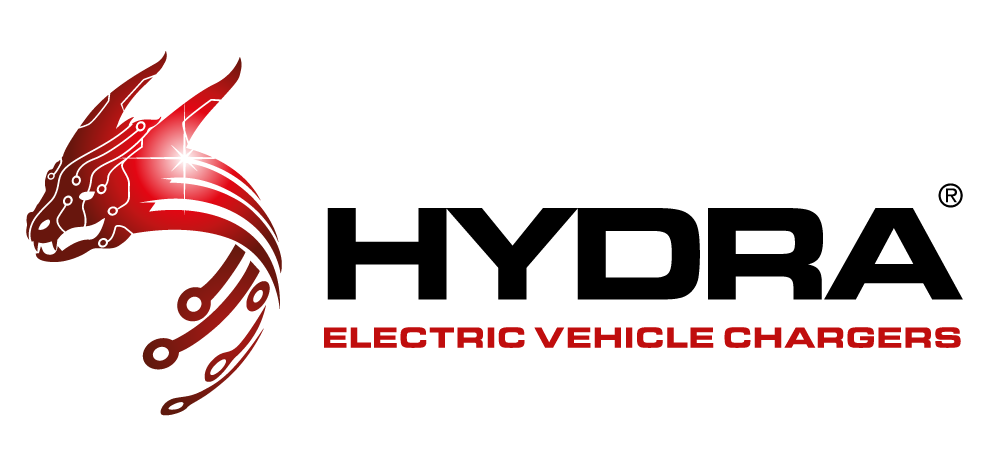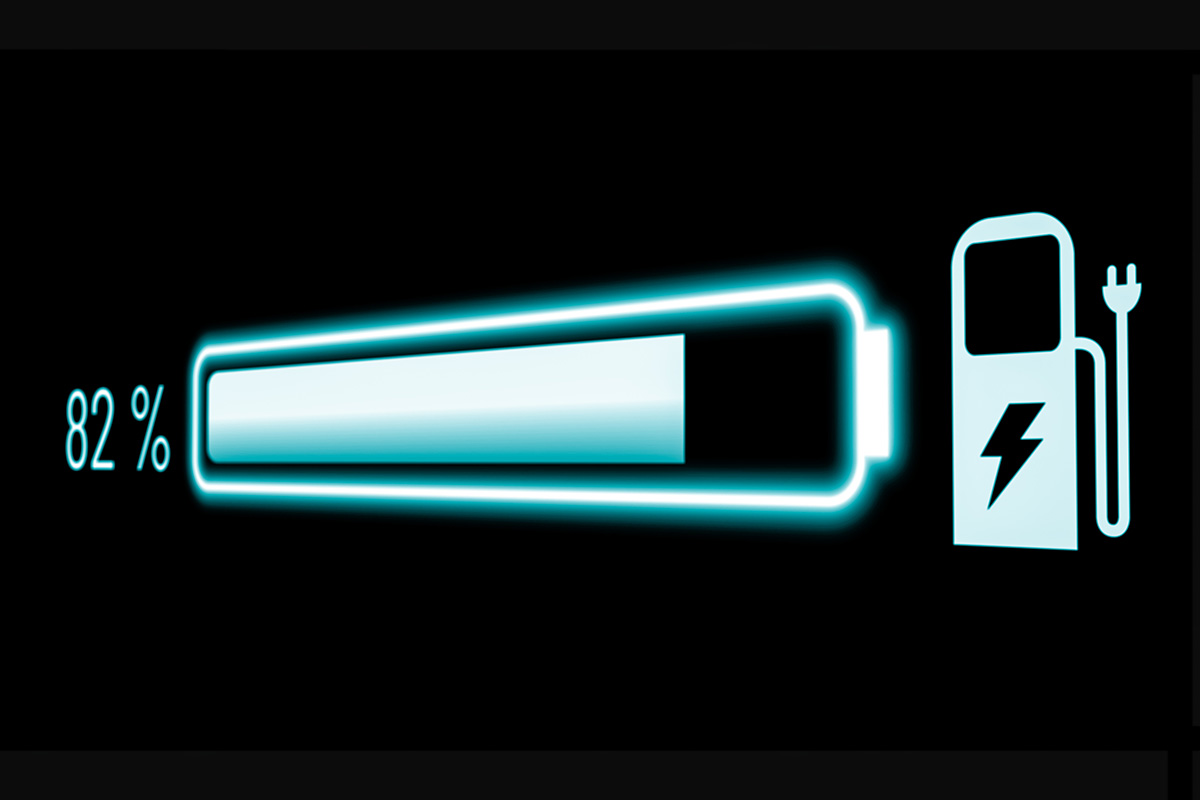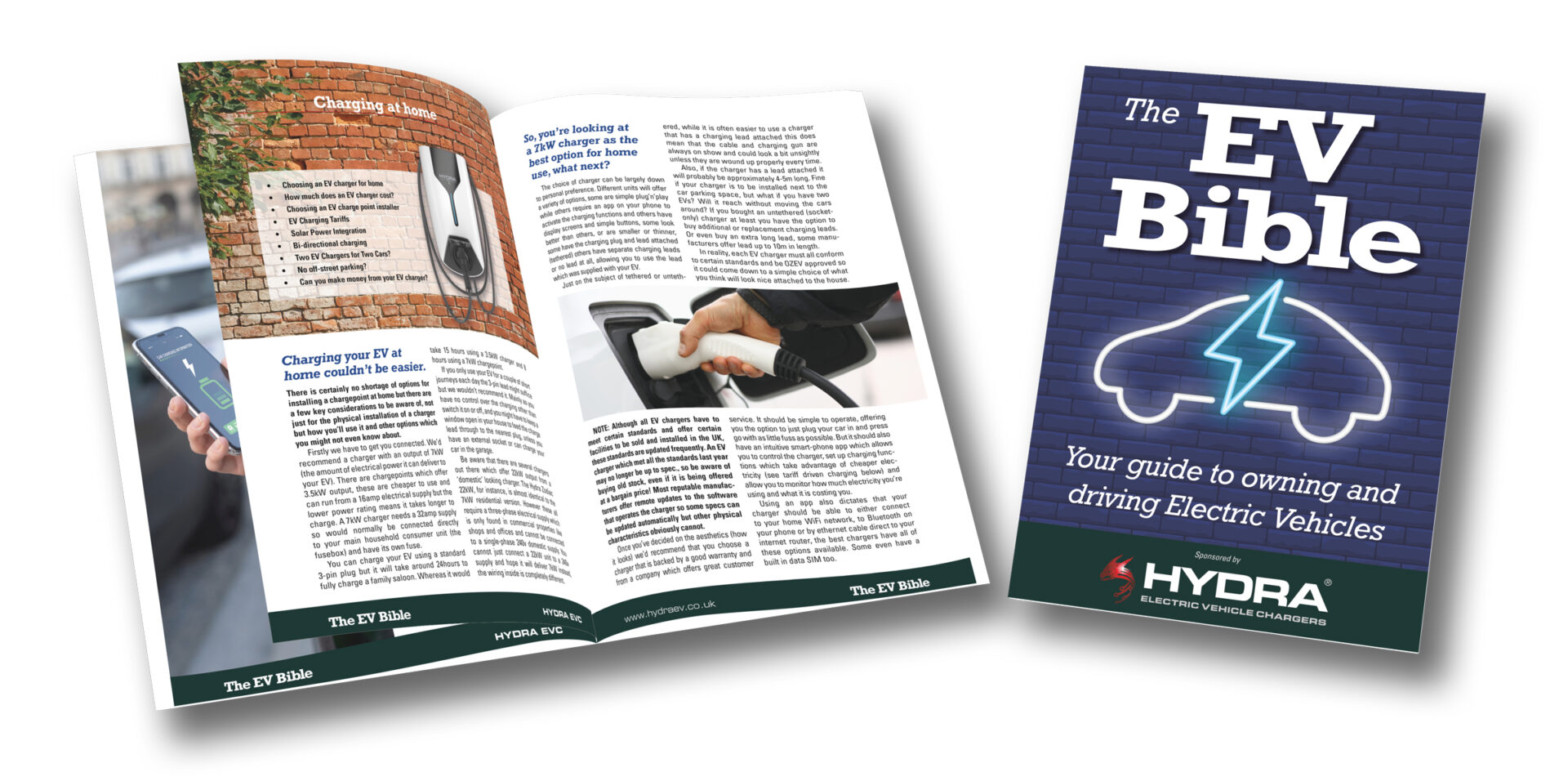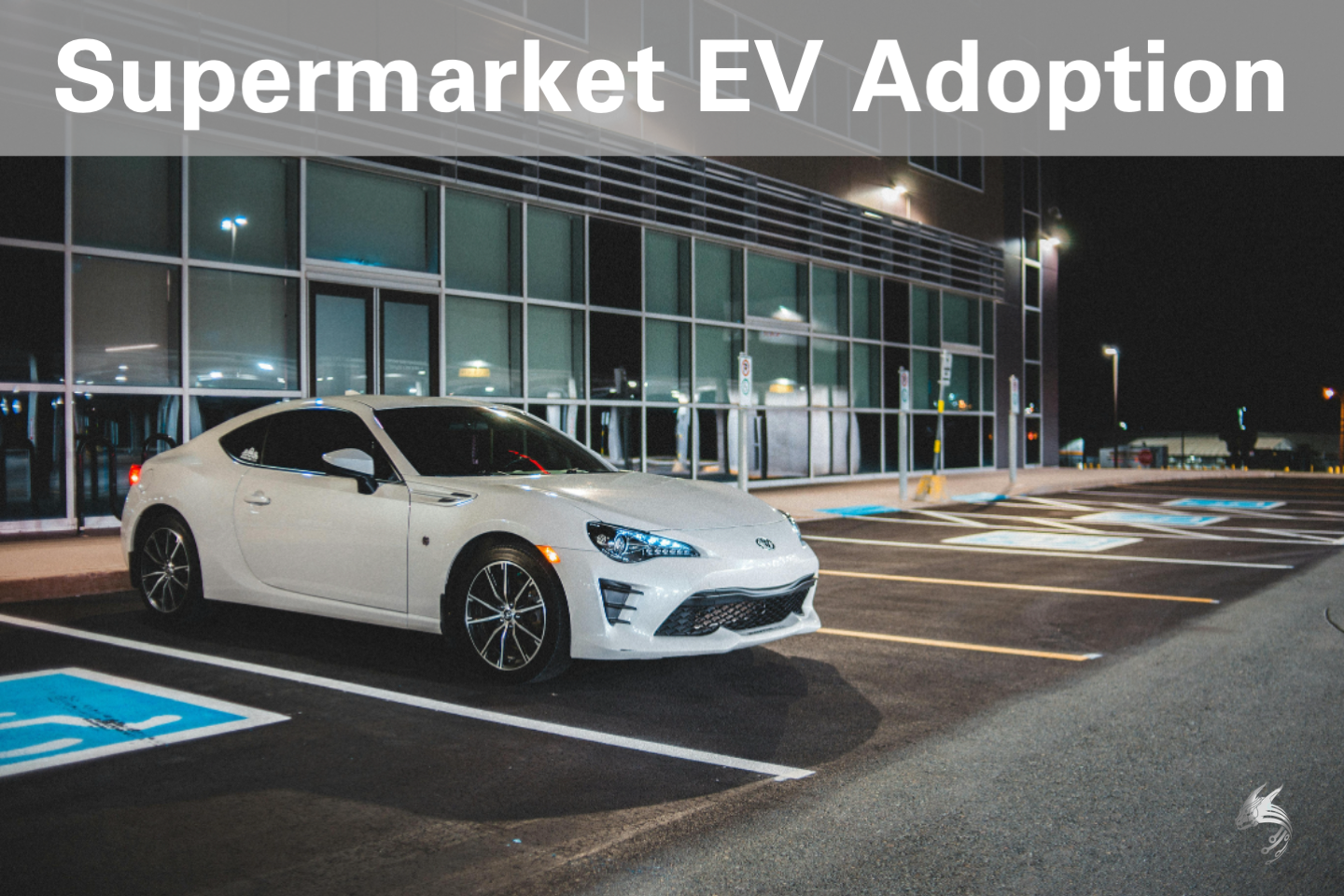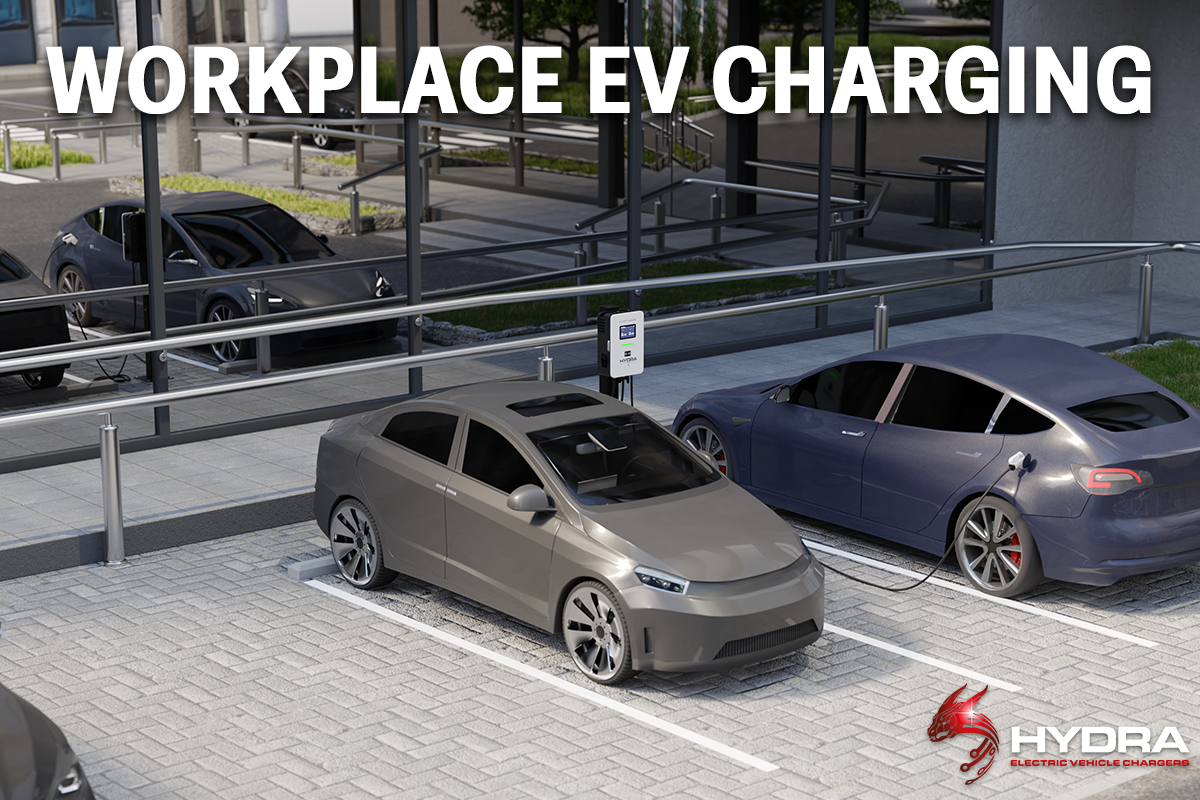Rapid DC charging can impact an electric vehicle (EV) battery’s long-term health, but the extent of the impact depends on several factors. Here are some considerations regarding how rapid DC charging can affect EV battery life:
- Heat Generation: Rapid charging generates more heat in the battery than slower charging. High temperatures can accelerate the degradation of lithium-ion battery cells, potentially reducing their lifespan. However, most EVs are equipped with thermal management systems to help mitigate this issue.
- Charging Cycles: Battery life is often measured in charging cycles, where one cycle is defined as a full charge and discharge of the battery. Rapid charging more frequently can increase the number of charging cycles, contributing to battery wear over time.
- Battery Chemistry and Design: EV manufacturers use varying battery chemistries and designs. Some batteries are more robust and better equipped to handle rapid charging without significant degradation. Onboard battery management systems are also designed to optimise charging and protect the battery from damage.
- State of Charge: Rapid charging at very high or very low states of charge (SOC) can be more detrimental to the battery’s health than charging at moderate SOC levels. It’s generally recommended to avoid rapid charging when the battery is nearly empty or full – eg: below 20% or above 80%.
- Charging Power: A rapid charger’s charging power and rate can vary significantly. Some rapid chargers can provide power levels exceeding 100kW, while others are less powerful. Higher power chargers may generate more heat and stress the battery more.
- Temperature and Ambient Conditions: Environmental factors, such as extreme temperatures, can further affect the impact of rapid charging on battery life. Charging in extremely cold or hot conditions may be less favourable for battery health.
To mitigate the potential negative effects of rapid DC charging on battery life, many EV manufacturers have implemented battery management systems and thermal management systems. These systems help regulate temperature, control charging rates and optimise charging patterns to minimise degradation.
For most EV owners, the occasional use of rapid DC charging should not significantly impact battery life over the vehicle’s lifespan. However, rapid charging is frequently used for long or daily trips. In that case, it’s essential to be aware of the potential impact and consider factors like battery health, warranty coverage, and long-term cost of ownership when making purchasing decisions.
Additionally, following manufacturer-recommended charging guidelines and best practices, such as avoiding rapid charging when not necessary and maintaining moderate SOC levels, can help prolong the life of your EV’s battery.
